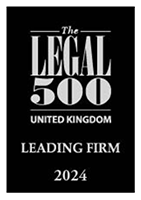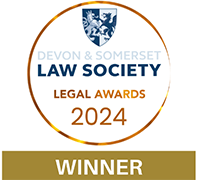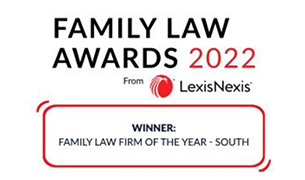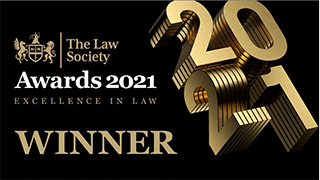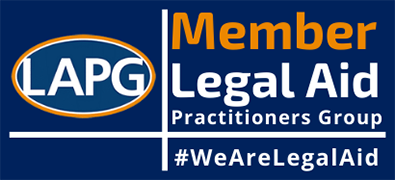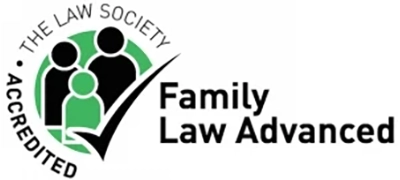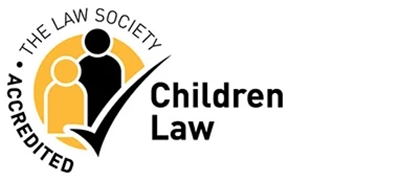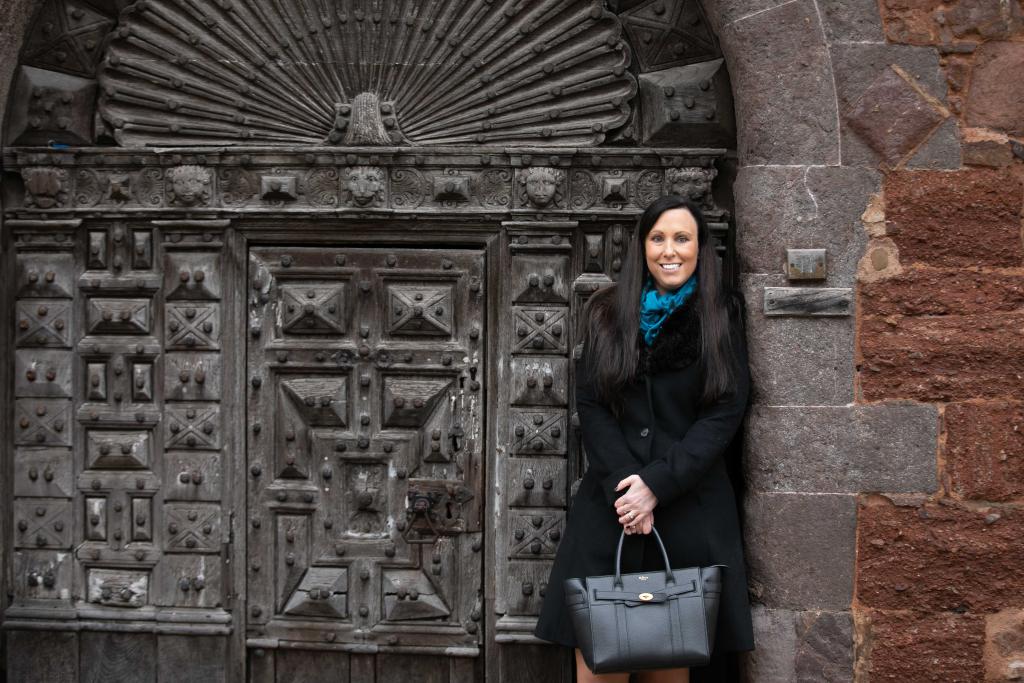
Our Joint-MD has shown her commitment to minimising the stress of divorce by qualifying as a Collaborative Lawyer.
Rachel Buckley can now offer separating clients a different option to the more traditional divorce process.
She explains “Rather than approach a divorce through the courts, the collaborative process allows couples to come to an amicable agreement with regard to their separation. It can be really helpful in avoiding acrimony.
“Emotionally charged elements, particularly interim children arrangements and financial agreements, can be agreed swiftly; sometimes in the court process these issues can cause tempers to flare and couples to argue.”
The process is relatively simple; each person appoints their own lawyer and everyone meets face to face to discuss and agree solutions, at dates and times to suit them. The lawyers provide support and guidance there and then, which is heard by both sides, removing the issue of reported advice.
Choosing to divorce in this way also means questions and queries between the couple are addressed quickly, without the need for ‘to and fro’ correspondence. This can be costly and slow down the process. It also allows couples to explore solutions that fit their situation, whereas a court is limited in the orders it can make.
Additionally, with courts struggling with a backlog of family law matters, the collaborative method is very likely to be quicker, removing the strain of long waits before people feel they can start moving on with their lives. It is also usually cheaper as there are no court costs.
While our lawyers continue to support clients through the traditional divorce process, the ethos has also been to offer other options. Known as non court dispute resolution, or NCDR, these include collaborative law, mediation and arbitration.
“We will always try to find the best route for our client. This will depend on their individual circumstances – the current relationship with their former partner, the complexities of their financial situation and what needs to be done to ensure children do not get caught in the middle.
“It’s not always possible, but when it is, taking a non-adversarial approach has many benefits for everyone involved. Collaborative law offers a dignified process where people can behave with respect towards each other, even as they separate.”
Rachel achieved her accredited qualification via Resolution, the community of family justice professionals who work with families and individuals to resolve issues in a constructive way.
To find out more about working with a Family Law Company collaborative lawyer please don’t hesitate to get in touch on 01392 421777 or by completing the form below.
Need some advice? Get in touch today
"*" indicates required fields
The information submitted here is used and stored for the purpose of replying to the enquiry. For more information on how we process data please visit our Privacy Policy.


